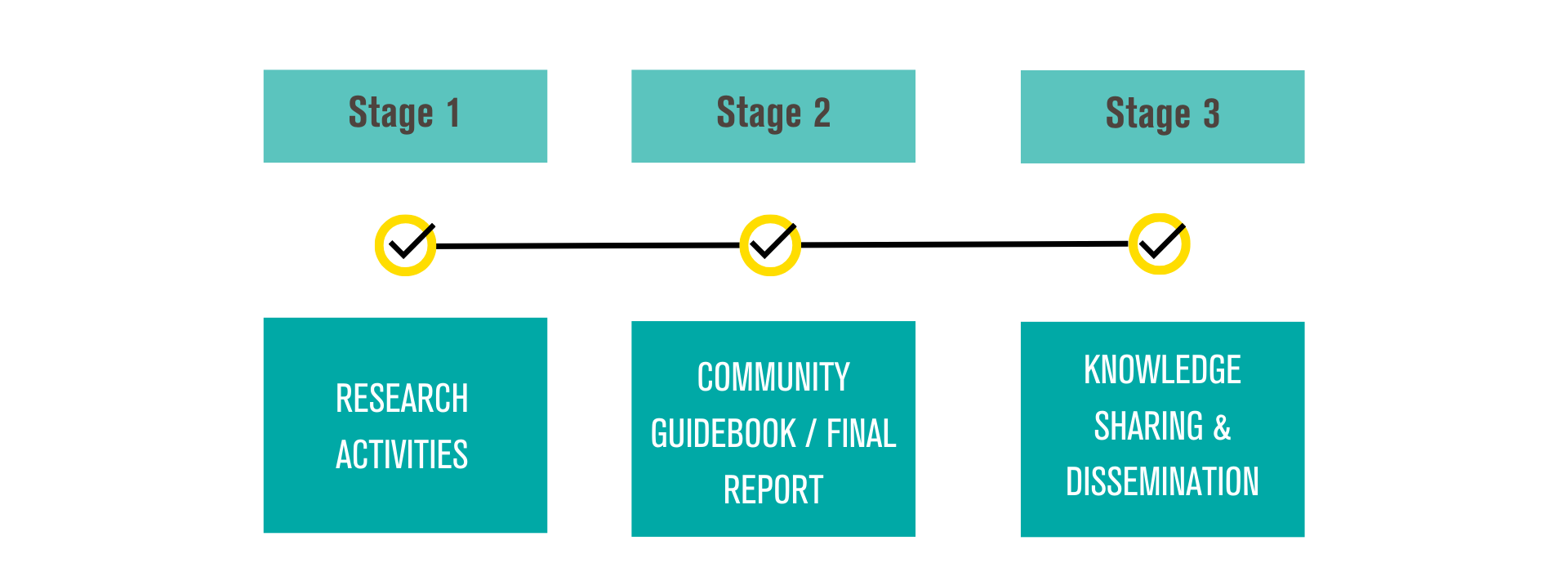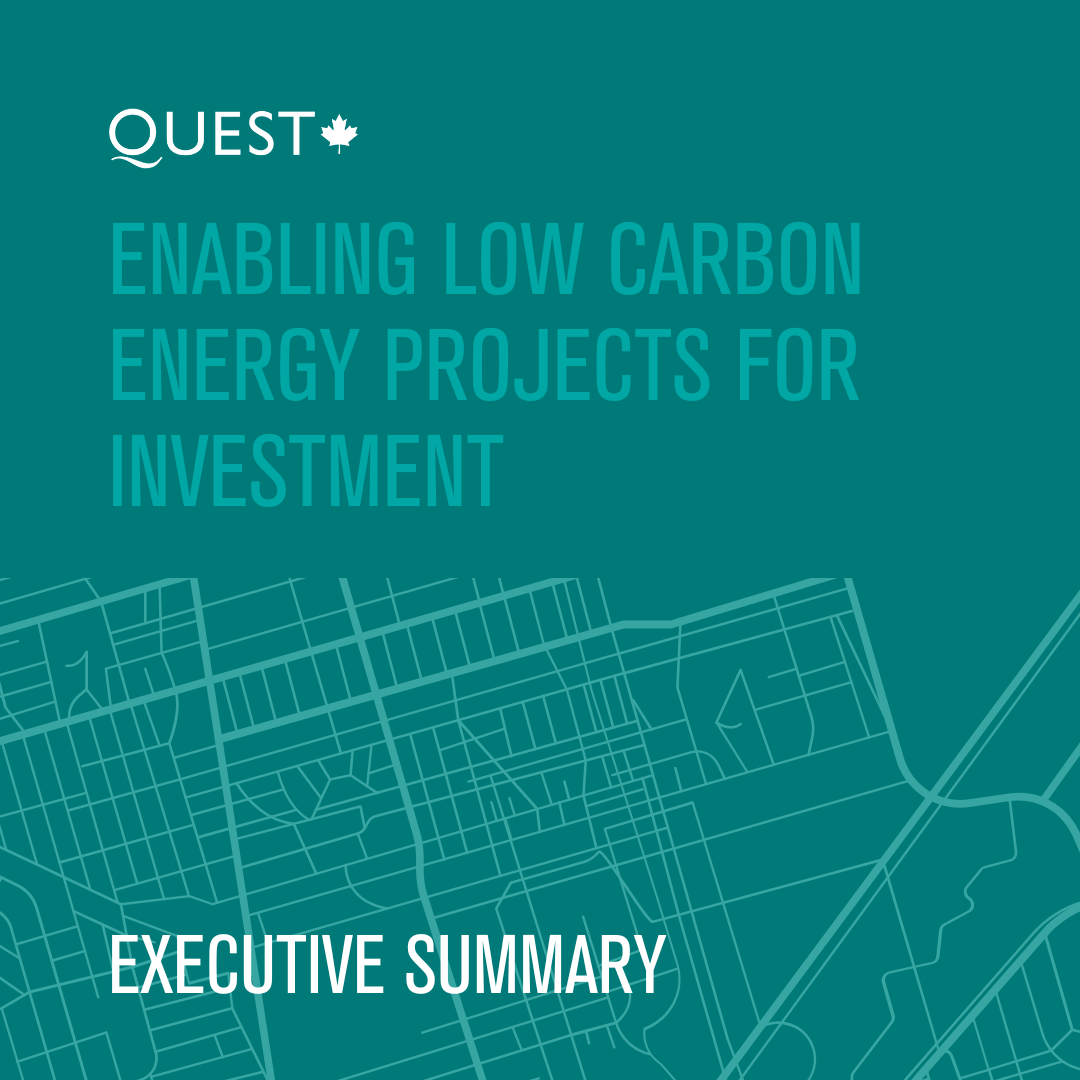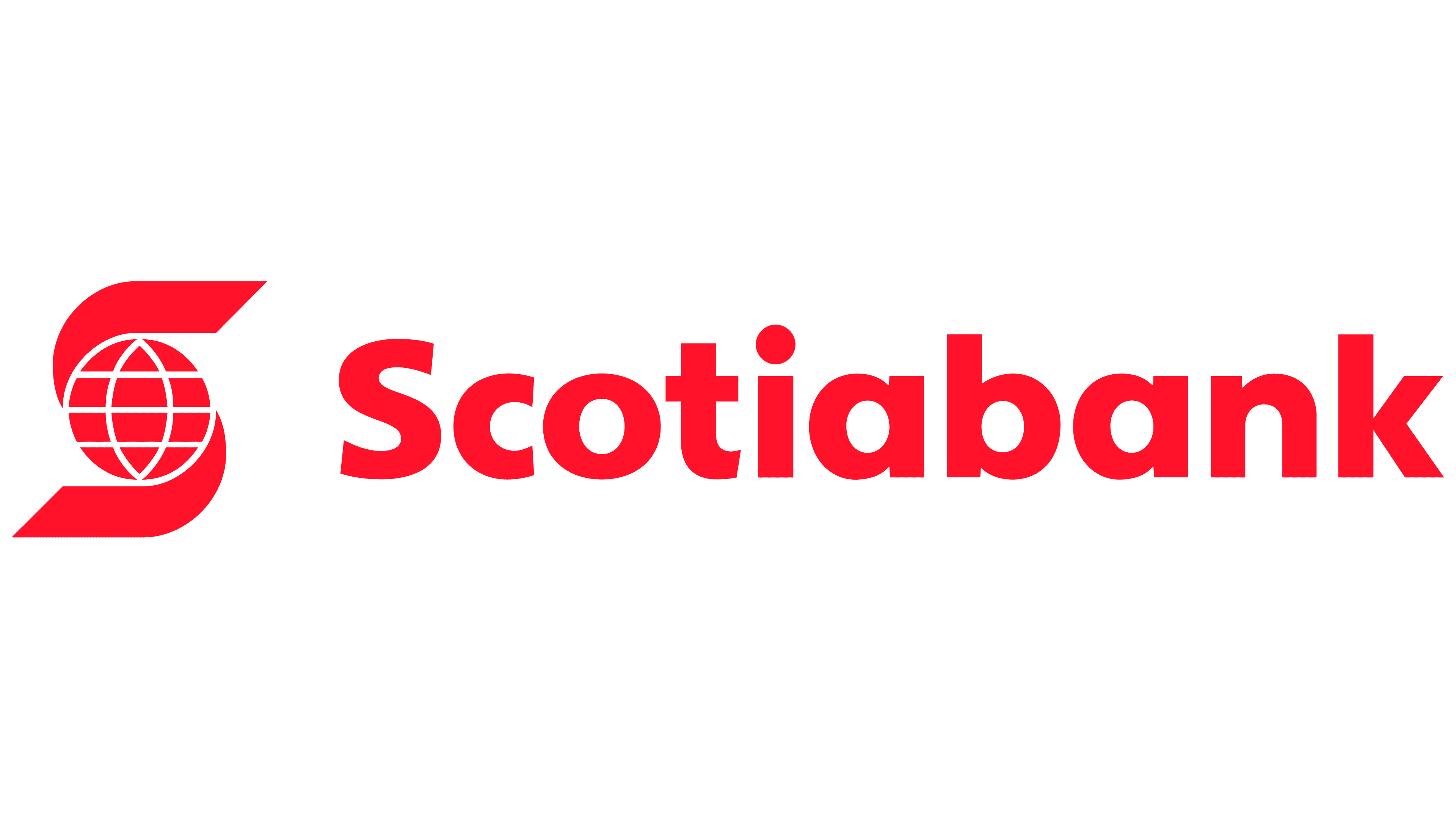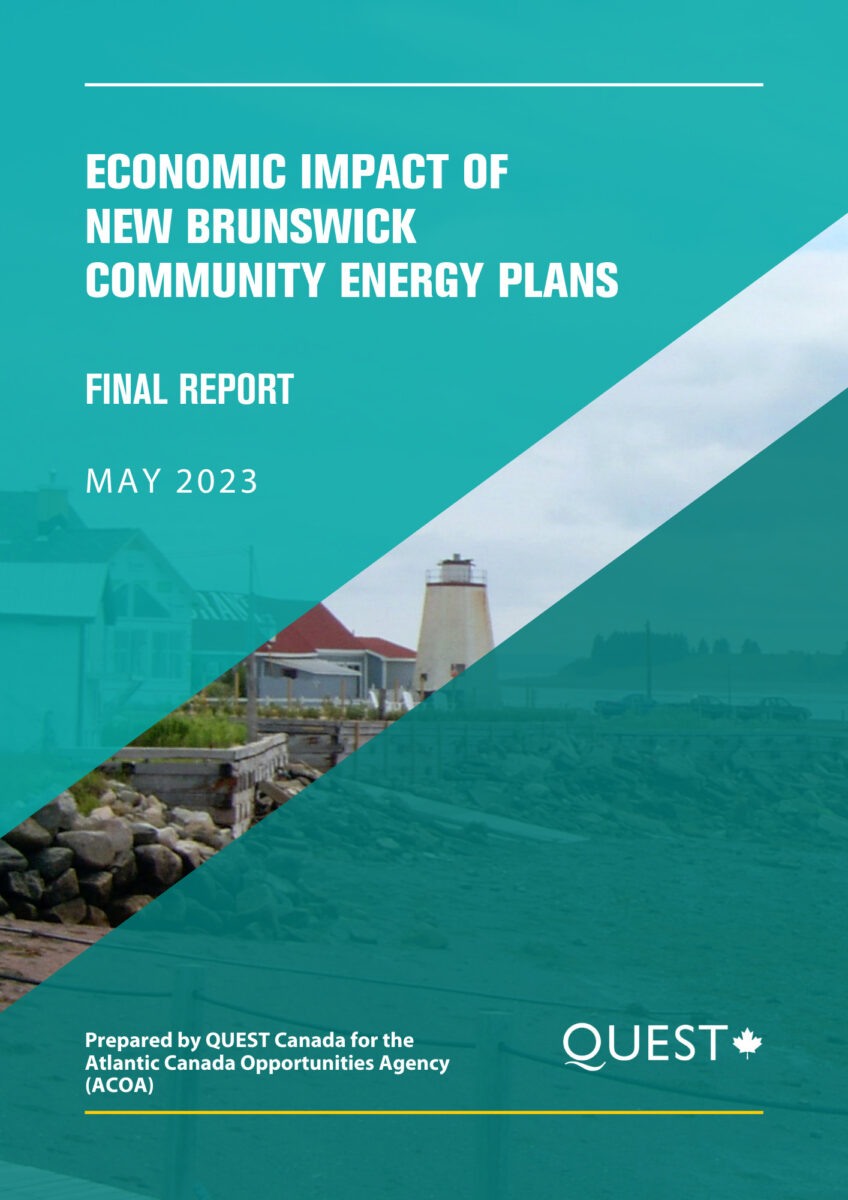Enabling Low-Carbon Energy Projects for Investment
QUEST Canada Publishes New Report Detailing How Canadian Communities Can Overcome Barriers to the Low-Carbon Energy Transition
QUEST Canada recently published a new report, Enabling Low Carbon Energy Projects For Investment. The report is part of a broader research project that aims to support Canadian communities as they overcome barriers associated with the low-carbon energy transition. Read the News ReleaseAbout the Project
Project Objectives & Outcomes
The Enabling Low Carbon Energy Projects for Investment (ELCEPI) project aims to add resolution to the capitalization challenges relating to community low-carbon energy projects and link discovered barriers and enablers to more significant social movements as a means to synergize and advance both low-carbon energy deployment and other social activities in parallel to one another.
Given the dynamic nature of this research project and the importance of staying abreast of emerging insights, the ELCEPI research objectives underwent multiple iterations. Through this process, research findings have discovered that many communities face significant barriers in the early stages of project conception with limited awareness and understanding of aggregation. As a result, we expanded the scope of our research to investigate barriers throughout a project’s life cycle.
Our early findings indicated that lower-income communities, particularly those with a history of marginalization and diversity, face unique challenges in project development. Moreover, we identified a disconnect between Indigenous and non-Indigenous projects. Based on our interviews and research, we settled on four final objectives, which appear disparate but are rooted in the interconnected and holistic goal of overcoming barriers to the low-carbon energy transition.
Initial Objective: To resolve community barriers to aggregate low-carbon energy initiatives to unlock capital from investors.
Final Objectives:
Incorporate and showcase the principles of reconciliation and the United Nations Declaration on the Rights of Indigenous Peoples (UNDRIP) into energy development practices to support the process of Land Back and recognize Indigenous peoples’ inherent right to self-determination. Prioritize the revitalization of traditional knowledge and Indigenous-led approaches to energy development.
Timeline

Resources
Co-Authors:
Greg Goubko
Heldagardis Renyaan, QUEST Canada
Executive Summary
Co-Authors:
Greg Goubko
Heldagardis Renyaan, QUEST Canada
Final Report
Project Funder
Empowering Canadian Communities
QUEST Canada develops and implements programs and projects with the aim to nurture strategic partnerships, facilitate connections, empower community champions, and influence decisions makers, supporting communities across Canada on their pathway to net-zero. Find out more about our programs and projects:
Getting the Most Out of Your Retrofits
With deep retrofit technology readily available, Canadian municipal building stock is in a unique position to impact the country’s climate targets.
Enabling Low-Carbon Energy Projects for Investment
A final report has been developed to help local governments and community borrowers overcome barriers to the low-carbon energy transition.
Economic Impact of New Brunswick Community Energy Plans
In 2021 the Atlantic Canada Opportunities Agency (ACOA) engaged QUEST Canada to review existing Community Energy Plans (CEPs, also known as Community Energy and Emissions Plans, Climate Action Plans, etc.) in the province of New Brunswick to determine the potential economic impact at the local and provincial level. QUEST Canada has extensively engaged with New Brunswick’s municipal governments, and their communities, for some time through its Smart Energy Communities Accelerator (SECA) program and has identified and secured collaboration with six communities to undertake an economic impact assessment: Quispamsis, Woodstock, Florenceville-Bristol, Perth-Andover, St. Stephen and Saint Andrews.






